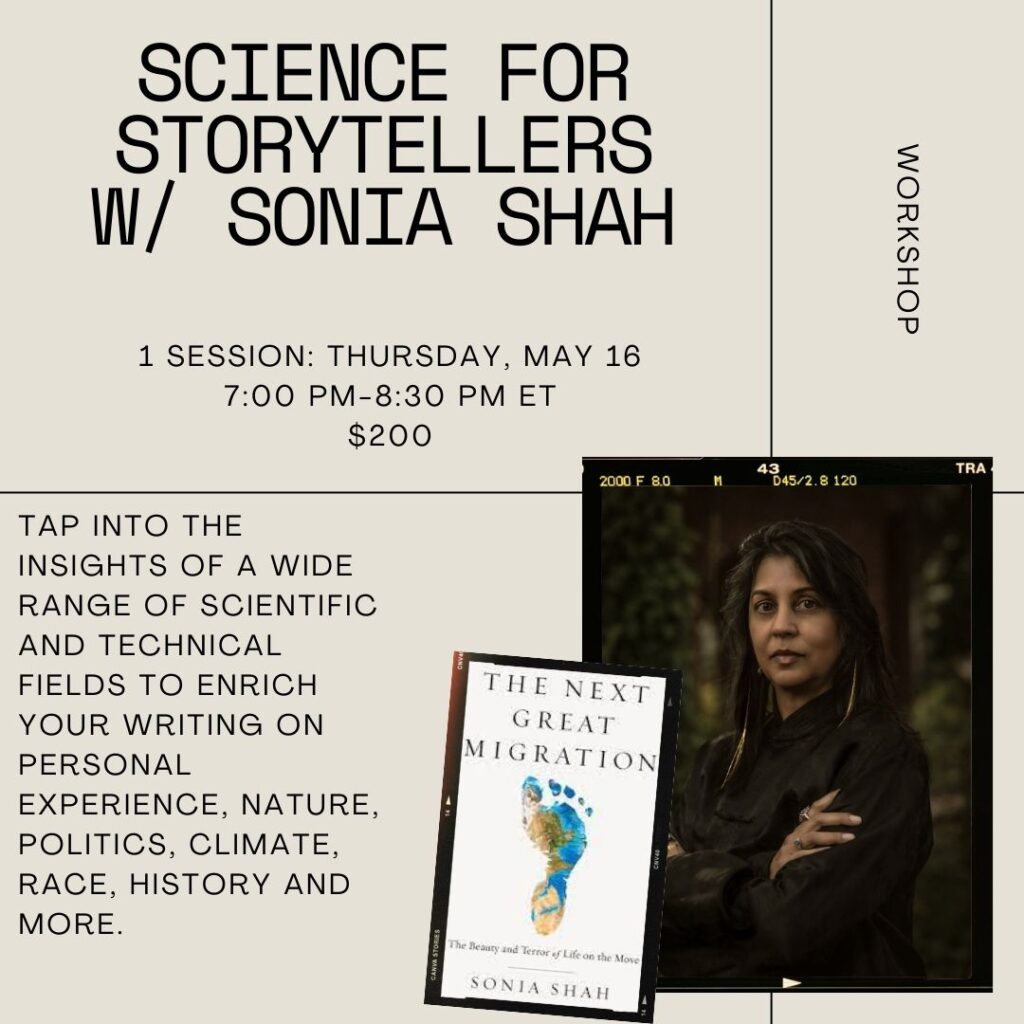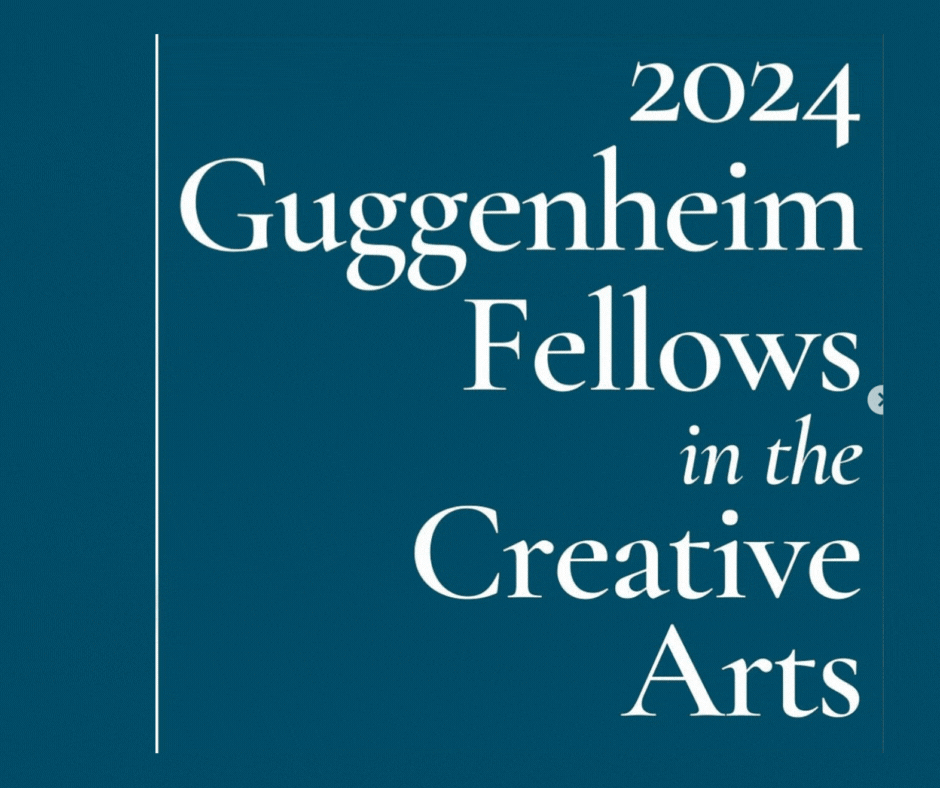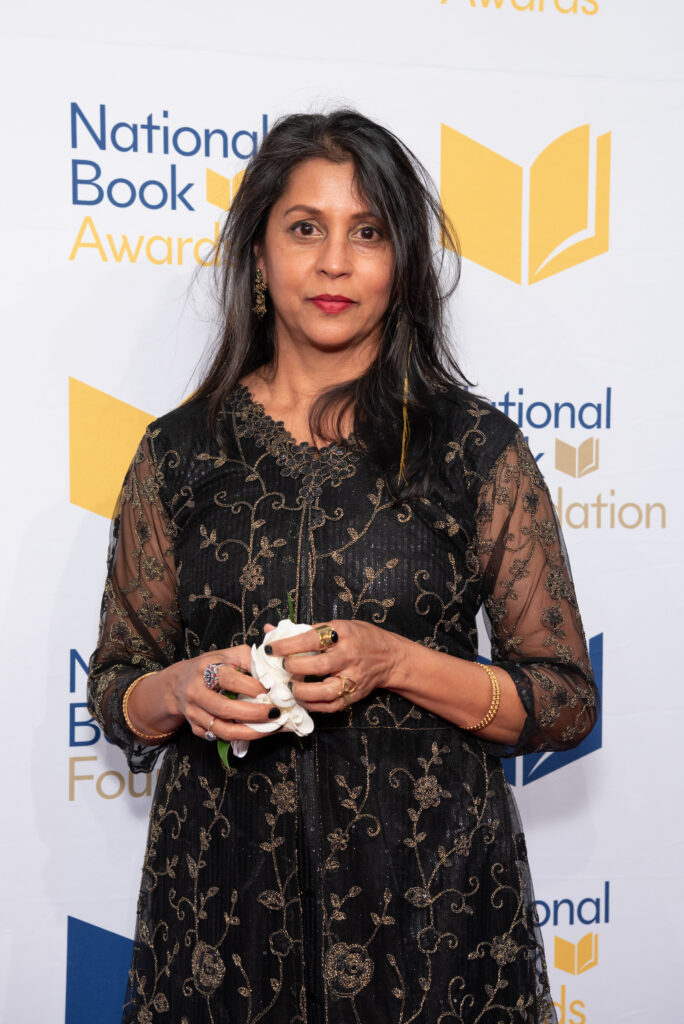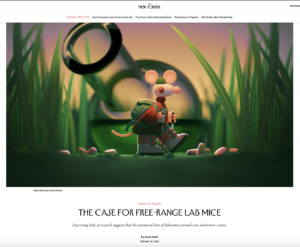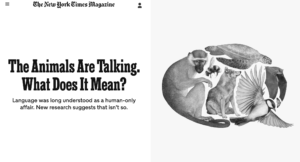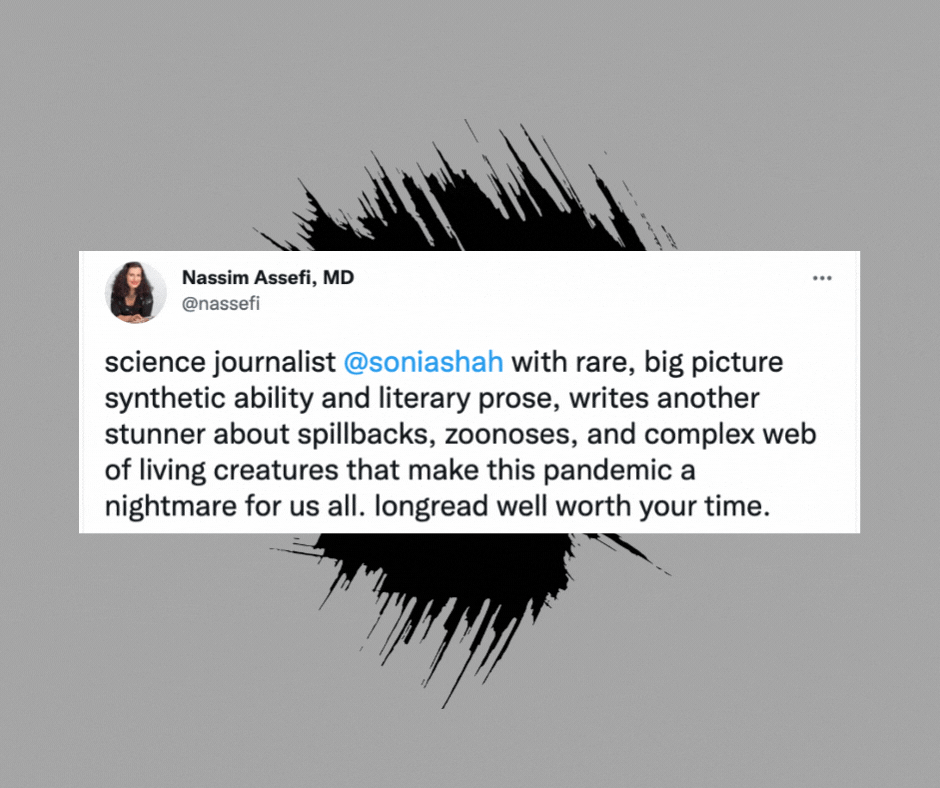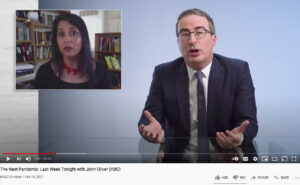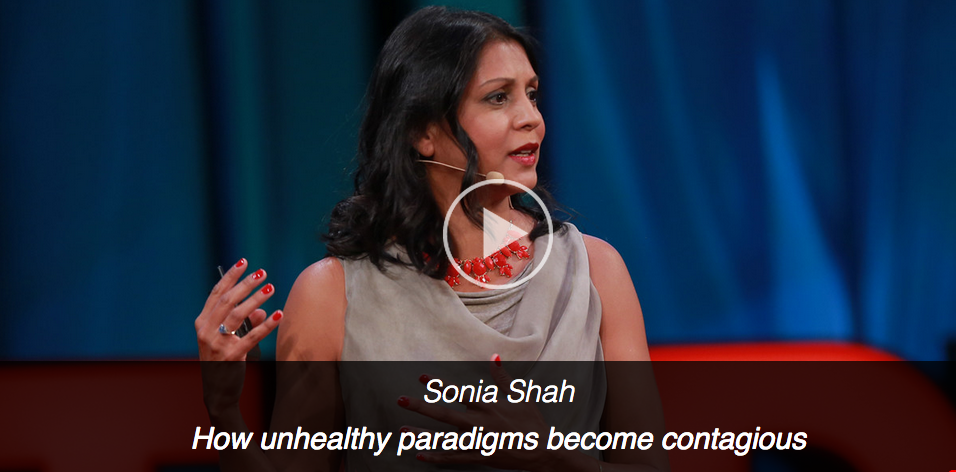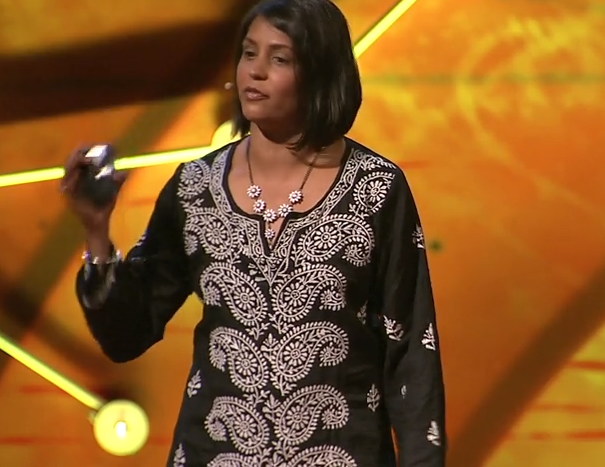March 6, 2006
Before you add “The Constant Gardener” to your Netflix queue–Rachel Weisz won an Oscar for her role in the film last night, please note: the issues are real, but much of the movie is pure fantasy. No activist challenging the unethical practices of Big Pharma has it this good—or this bad.
The film revolves around the transformation of mild-mannered career diplomat Justin Quayle, played by Ralph Fiennes. Quayle’s wife Tessa, played by Rachel Weisz, has exposed a botched experimental trial conducted by a Western drug company upon unsuspecting African villagers. After she is found mysteriously murdered, Justin is infected with his firebrand wife’s righteous indignation.
The film couldn’t be timelier. According to the May 16 2005 USA Today, giant drug outfits such as Wyeth and Merck are now conducting up to 70 percent of their clinical trials outside the U.S. and Western Europe, their main markets for new drugs. Across Latin America, Eastern Europe, Asia, and Africa, the sick are abundant, desperate, and doc-trusting, and so recruitment into clinical trials is rapid. As one executive from an outfit specializing in running drug trials in Asia putit: “They are more willing to be guinea pigs.”
The industry’s new experimental bodies in the developing world only rarely enjoy the benefits of the research they participate in. Sometimes the new drugs are unlicensed in their countries or priced out of reach, but more often the drugs are irrelevant to the health priorities of their communities to begin with. After all, 90 percent of the global medical research budget takes aim at illnesses that cause just 10 percent of the world’s disease burden.
Not surprisingly, ethical lapses are strikingly common. In one inquiry, out of 33 subjects enrolled in an experiment trial in Thailand, all of whom had signed forms stating their informed consent, 30 were found to be dangerously misinformed. “Informed consent is a joke,” said one industry researcher in an anonymous survey sponsored by the National Bioethics Advisory Commission.
But challenging these practices is not nearly as black-and-white as this film would have it. Tessa stands up to yell “bullshit” at public lectures, shaking her lovely dark mane while she’s at it. At cocktail parties, she loudly embarrasses the health minister, who marches off in a huff. Good stuff, but the reality is that uncompromising activists—even if they look like Rachel Weisz –rarely enjoy this kind of privileged access to power so effortlessly.
Tessa has it too good and too bad,too. She ends up paying for her exposure of the botched trial with her life; in real life, bad drugs and unethical research practices often continue unhindered despite mountains of data and reports detailing their defects. As I found while researching my book, experimental protocols that would be condemned as unethical in the West—including placebo trials among ailing AIDS patients—are frequently described in the medical press; when the subjects are poor Africans or Asians, nary an eye is batted. (Recall that papers describing this country’s most egregious scientific study, the Tuskegee Syphilis Study, in which government doctors denied treatment to black syphilitics, regularly appeared in the medical press from the 1930s onwards. That study wasn’t terminated until 1972.)
In part that’s because new drugs aren’t uniformly deadly, rendering unequivocal data showcasing their killer properties. Rather, new drugs do work—just not very well, or not for everyone, or not without side effects, or most frequently, not any better than older, safer drugs. What that means is that the difference between a miracle drug and a poison lies not in the drug itself but in who uses it, how they useit, and when—decisions increasingly steered not by patients and clinicians but by the marketing departments of multinational drug companies.
And there in lies the real problem.
For my complete review, see The Nation online.
